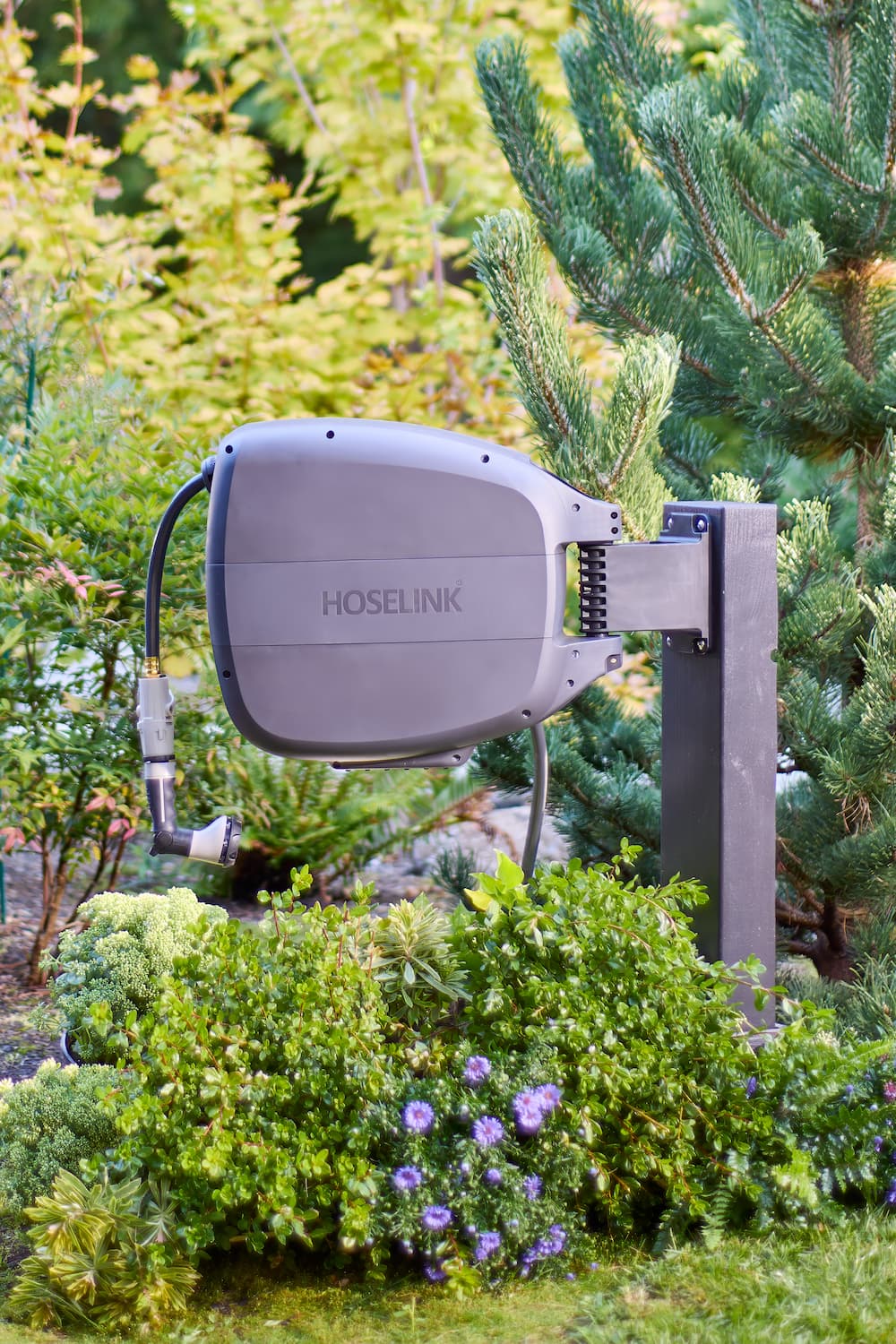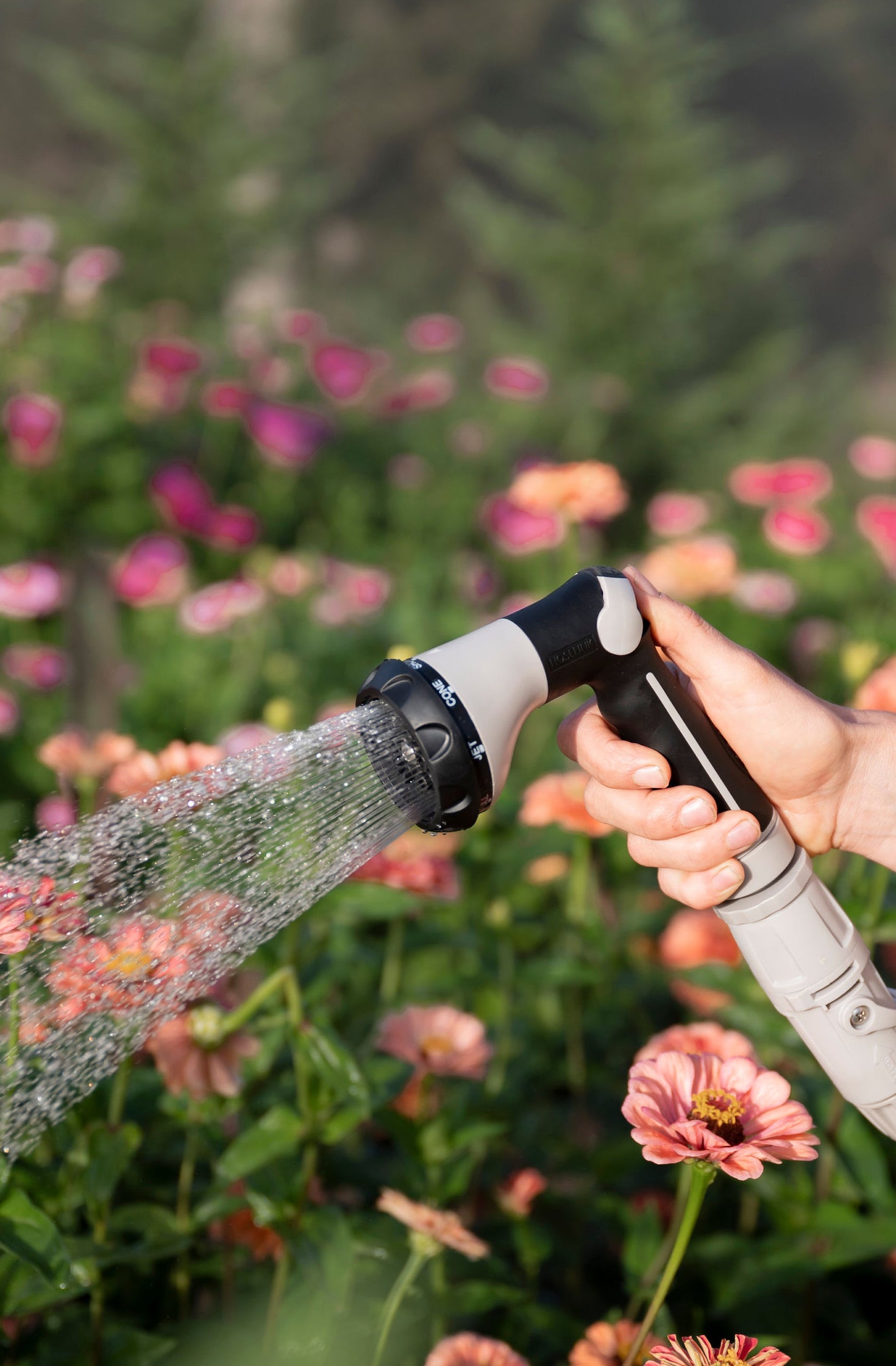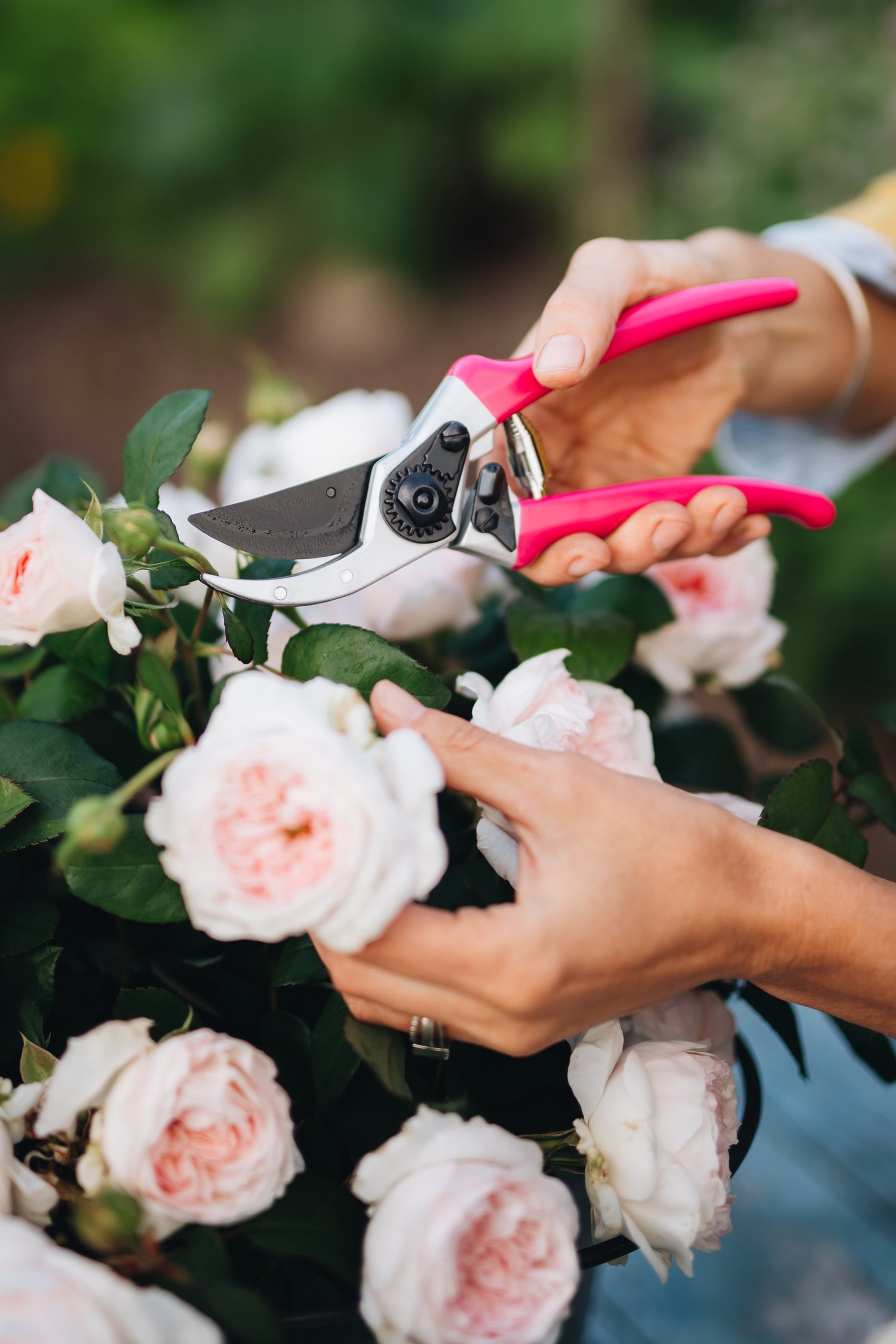Cultivating a No-Spray Garden
Can you have a happy, healthy and productive garden without spraying for pests and disease?
Yes, you can, but you may need to adjust your expectations.
Embracing organic and regenerative gardening practices without spraying for pests and disease is not just good for your garden and the earth, but it also provides freedom from the merry go round of diagnosing and treating pests and disease.

"Feeding the earth to feed your plants. Adding compost boosts soil health, enhances growth, and nurtures a thriving garden ecosystem."
Adjusting Expectations
Let’s talk about our garden expectations. Do you aim to have a perfect garden? A garden with no bugs in sight and not a speck of disease? Leaves without any chew holes and 100% success for everything you plant?
Those expectations are a recipe for disappointment. Trying to control nature is exhausting and honestly futile. Instead of trying to control nature, what if you relinquished some of that control? What would that look and feel like? Realizing Nature knows best and will over time balance itself out can be one of the most freeing garden revelations.
You can stop stressing out about which spray you need for which pest and disease. Eliminating chemicals and sprays from your garden does not mean you have to give up all control as there are many non-spray actions you can take to help your garden survive pest pressure and still be organic and regenerative.
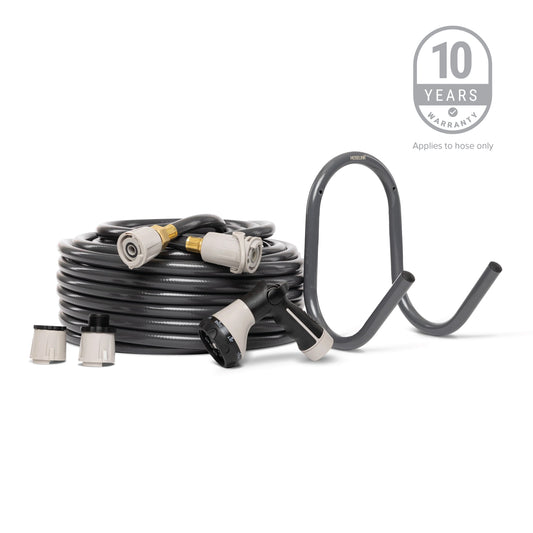
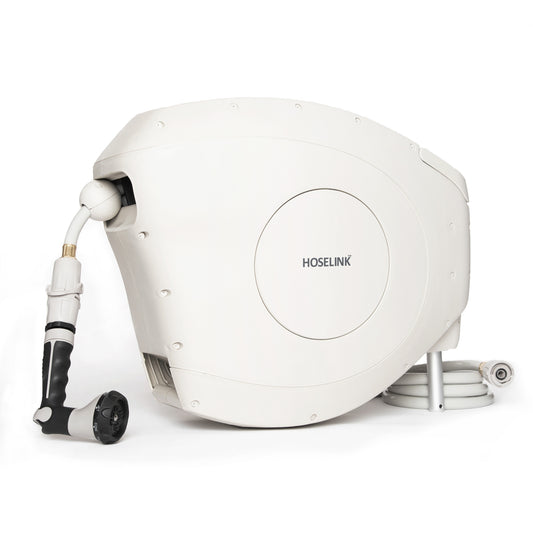

"Nature’s stealthy pest patrol. This assassin bug is on duty, keeping garden invaders in check."
What if you altered your expectations to allow yourself to accept some crop loss (anticipating a 30% crop loss to pests and disease for example), accept some chewed leaves, accept some imperfect flowers? Would that reduce your stress and frustration and allow you to enjoy your garden more?
There are ways to garden organically and regeneratively without reaching for a “quick fix” spray. Even organic sprays/products can reduce a plant’s health (think Neem Oil). The spray for aphids may get rid of aphids, but it can weaken your plant and make that plant an appetizing meal for another type of insect. Now you have to spray for the new insect and on and on it goes. Additionally, an organic product like BT which is targeted to kill caterpillars can drift to a non-target plant and kill desired caterpillars like monarch, swallowtail and more. Most products are not selective in which insects they target and spraying for a nuisance pest could also harm the beneficial insects you want in your garden.
We have been conditioned for years to expect a quick fix to always be in arm’s (and wallet's) reach, but quicker is not always better. Play the long game in your garden. Create a healthy garden through improving your soil health and allowing time for the beneficial insects that eat the “bad” bugs to find your garden and realize it’s a great place to be. If your garden has no food sources for the beneficial bugs, they won’t want to be there. Imagine going to a restaurant for dinner and the restaurant having no food.
The number one way to reduce pest pressure in your garden is to have healthy, living soil. You feed your soil and your soil in turn feeds the plants. Healthy plants are less attractive to insects. Insects cannot digest sugars and a healthy plant is producing lots of sugars during photosynthesis. An insect may take a bite of a healthy plant and then decide to move on to a weaker plant that tastes better. Just because a plant looks healthy does not mean it is at its optimum health. Over fertilization, especially too much nitrogen can send signals to pests that the plant is in distress.

“Finding beauty in the battle damage. This dahlia has been sampled by Japanese Beetles, but can still provides garden beauty in an imperfect way.”
What can you do instead of spraying?
Integrated Pest Management (IPM) is a great approach for those gardeners looking to get off the merry-go-round of garden sprays, and embrace their yard and garden as a natural ecosystem.
IPM is an approach to managing pest issues while minimizing risks to people and the environment. IPM is an ecosystem-based strategy that focuses on long-term prevention of pests or their damage through a combination of techniques such as biological control, habitat manipulation, modification of cultural practices, and use of resistant varieties. While IPM does allow for the use of pesticides when all else fails and in very targeted ways, avoiding their use is best.

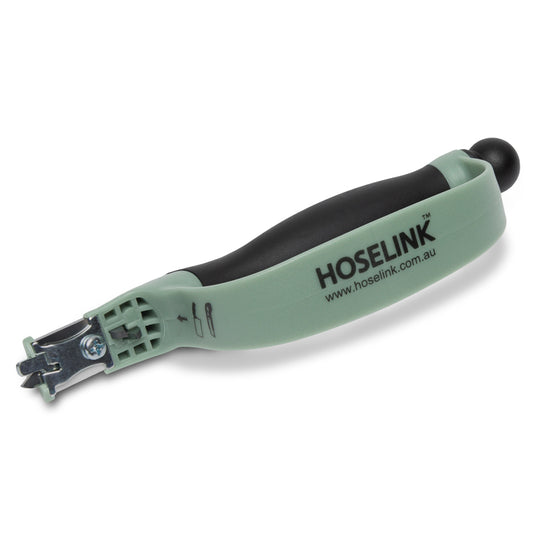
1. Set Action Thresholds
When are the bugs a problem? Do you see a handful of aphids? Decide your limit before taking action. A handful of aphids is not going to kill a mature and healthy plant. Waiting to see if the beneficials like lady bugs and praying mantises show up before taking action is a better approach than spraying.
2. Monitor and Identify Pests
It is important to know what type of insect or bug you are dealing with before taking any action. Free apps like Seek and iNaturalist allow you to take a photo of an insect and identify it. You may need to do additional research, but a quick google search of the name of the bug should bring up all the relevant info for you to decide if you want that bug in your garden. Many times bugs that look like they are bad news, are in fact fantastic bugs to have in your garden. Some examples are predatory stink bugs, assassin bugs, wheel bugs, praying mantises and more.

“Embracing some plant damage, (these leaves have been chewed by Squash Lady Beetles) but knowing that the plant will survive allows for a balanced garden ecosystem.”
Prevention
What can you do before the bad bugs show up to reduce the likelihood that they want to be in your garden? This is where your soil health plays a huge role as does the elimination of all sprays in your garden.
When it comes to soil health, the best thing you can do for your soil is to add an inch or two of quality compost to your garden each year.
Soil testing is also important if you plan to fertilize your garden. More is not always a good thing when it comes to fertilizing, and a soil test will help you know what fertilizer to add if any.
Physical barriers at the time of planting can help reduce pest pressure. Prophylactic actions such as using netting on your plants that are susceptible to flying insects laying eggs can greatly reduce pest issues. For example, using netting on your brassicals will keep the cabbage moth from laying eggs on them.
Once pests appear
Hand picking or hand squishing pests is one way to get rid of unwanted bugs in your garden. Squash lady beetles, squash bugs, aphids, japanese beetles, tomato hornworms, cabbage loopers, and others are relatively easy to pick off and eradicate from your plants. A few minutes in your garden several times a day allows you to reduce the pest numbers by hand. The goal should not be to try to eliminate all pests, but knocking their numbers down to a manageable level while you wait for their predators to show up.
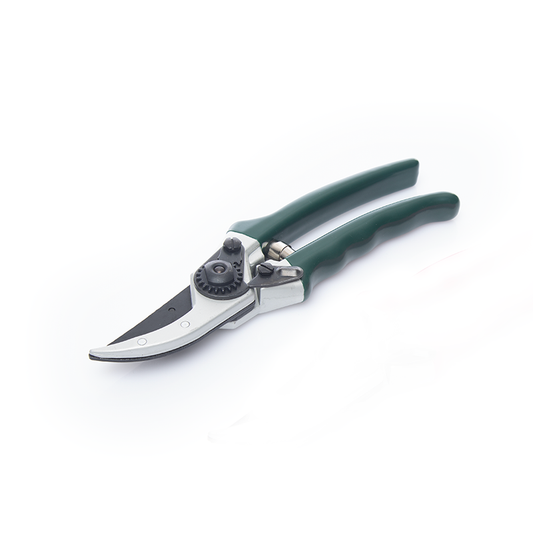

Remove dying and diseased plants or plants that are completely infested by a pest from your garden. Eliminating problem plants can keep disease from spreading and a pest infestation from getting out of control. Burning these plants is one way to make sure the disease and pests don’t spread.
Making smart plant variety choices such as pest and/or disease resistant varieties, can increase your chance of success. If squash vine borers are an issue in your area, resistant varieties like Tromboncino squash will reduce the likelihood of losing your squash plants. Certain cucumber and tomato varieties are resistant to common diseases. Many seed catalogs and website descriptions will outline if the variety is pest or disease resistant.

“Nature’s little defenders at work! These parasitic wasp cocoons are ensuring the tomato hornworm’s days are numbered."
Remember, as organic and regenerative gardeners, we are playing the long game. We are working with Nature, not against it. Don’t expect next year’s garden to be drastically different. All good things take time. Give your garden’s ecosystem time to recover and stabilize from the sprays and powders you may have used in the past. Focus on soil health and building the soil food web, and you’ll see the improvements for yourself.
Amanda is located in Zone 8a, and is an ardent supporter of organic and regenerative gardening. For more advice, you can find her on Instagram: @theeverhopefulgardener





